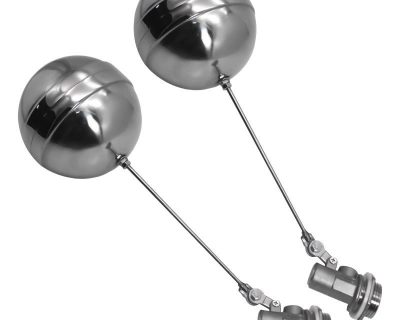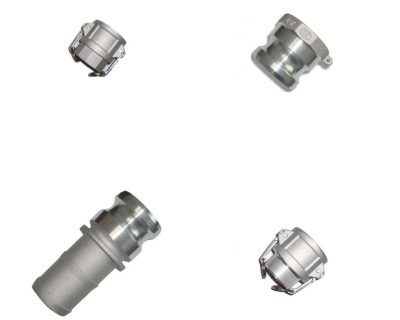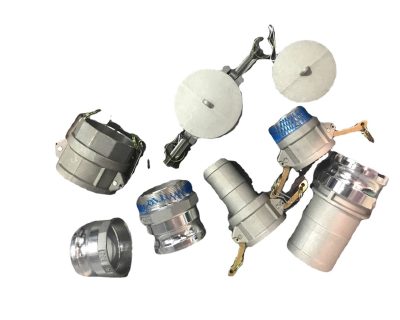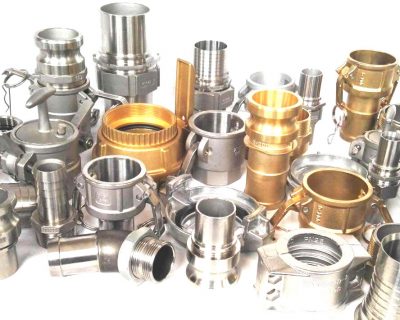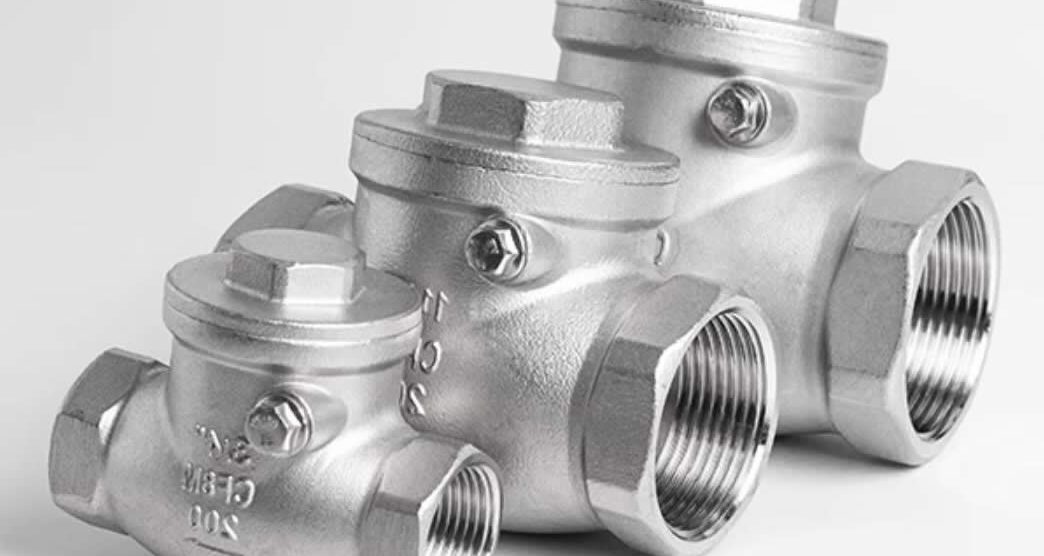
The Ultimate Guide to the Best Swing Valves
Valves play a crucial role When controlling the flow of liquids, gases, or slurries in pipelines. Among the various types of valves available, the swing valve has garnered significant attention for its efficiency and reliability. This comprehensive guide will delve deep into swing valves, exploring their types, applications, benefits, and how to choose the best one for your specific needs. By the end of this article, you will have all the information needed to make an informed decision, ensuring optimal performance and longevity of your piping systems.
Table of Contents
ToggleUnderstanding Swing Valves
Swing valves, also known as check valves, allow fluid to flow in one direction. They are self-automating, meaning they do not require any external power source or manual operation. Instead, they operate solely based on the flow dynamics of the fluid they control. This unique feature makes them indispensable in various industrial and residential applications.
How Do Swing Valves Work?
The swing valve operates on a simple mechanism. It consists of a disc or flap that is hinged at one end. When fluid flows in the correct direction, it pushes the flap open, allowing the fluid to pass through. If the fluid attempts to flow in the reverse direction, the pressure forces the flap to close, preventing backflow. This one-way directional flow ensures that systems remain contamination-free and operate efficiently.
Types of Swing Valves
Swing valves come in various designs, each tailored to specific applications and flow conditions. The most common types include:
- Single Disc Swing Valves: Ideal for low to medium flow rates, these valves have a single disc that swings open and closed.
- Double Disc Swing Valves: These valves feature two discs, providing a more secure seal, and are suitable for high-pressure applications.
- Tilting Disc Swing Valves: The disc in these valves tilts rather than swinging entirely open, reducing the space required and minimizing turbulence.
Materials and Construction
Various materials are used to make swing valves depending on their properties and compatibility with different fluids and environments.
- Stainless Steel: Known for its corrosion resistance and strength, Stainless steel swing valves are versatile and can be used in various applications.
- Cast Iron:These valves are commonly used in water and wastewater applications due to their durability and affordability.
- Brass: Brass swing valves provide a good balance between corrosion resistance and cost, often used in residential plumbing systems.
Applications of Swing Valves
Swing valves are versatile and can be found in many settings, serving various purposes. Let’s explore some of the common applications:
Industrial Applications
In industrial settings, swing valves are commonly used for:
- Water Treatment: They are instrumental in controlling the flow of water and chemicals within treatment plants.
- Oil and Gas: Swing valves are used in pipelines to prevent backflow of crude oil and natural gas.
- Power Generation: They ensure a unidirectional flow of steam and water in power plants.
Residential and Commercial Plumbing
In homes and businesses, swing valves play a crucial role in:
- Water Supply: They are used to control the flow of water to different sections of a building.
- Sewage Systems: Swing valves help prevent the backflow of sewage into homes and commercial spaces.
Fire Protection Systems
Swing valves are also integral to fire sprinkler systems, ensuring water flows in the right direction when needed.
Benefits of Using the Best Swing Valves
Investing in high-quality swing valves comes with a plethora of benefits:
Reliability and Durability
The best swing valves are designed to withstand harsh conditions and high pressure, ensuring a long service life and reliable performance.
Efficiency
With minimal pressure drop and swift response to flow changes, high-quality swing valves enhance system efficiency.
Maintenance-Free Operation
Due to their simple design and self-automating mechanism, swing valves require minimal maintenance, saving time and resources.
Versatility
The wide range of designs and materials available makes swing valves suitable for various applications, providing flexibility in system design.
Choosing the Best Swing Valve
Selecting the right swing valve is crucial for optimal performance. Here are factors to consider:
Size and Flow Rate
Ensure the valve size matches the pipeline diameter and can handle the required flow rate.
Material
Choose a material compatible with the controlled fluid and environmental conditions.
Pressure and Temperature Ratings
Select a valve that can withstand the system’s pressure and temperature extremes.
End Connections
Ensure the valve’s end connections are compatible with the rest of the piping system.
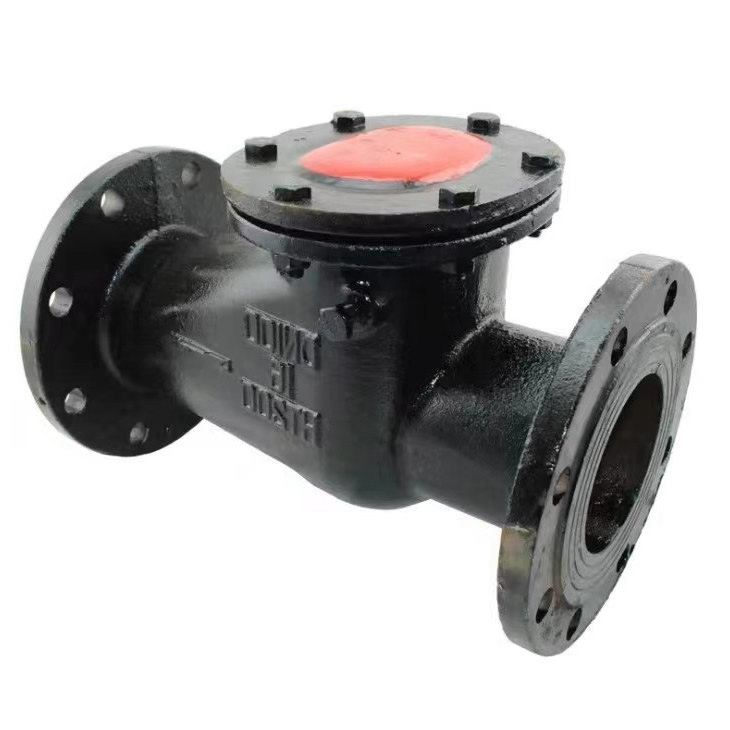
Top Swing Valve Brands and Products
Several reputable brands offer high-quality swing valves. Some of the top picks include:
- ValveTek: Known for their durability and precision, ValveTek swing valves are a popular choice in industrial applications.
- FlowMaster: Offering a wide range of sizes and materials, FlowMaster provides versatile and reliable swing valve options.
- SecureFlow: With a focus on safety and efficiency, SecureFlow’s swing valves are ideal for critical applications.
Case Studies: Success Stories with Swing Valves
Let’s explore real-world examples of how the best swing valves have made a difference:
Improving Water Treatment Efficiency
A water treatment facility upgraded to high-quality stainless steel swing valves from ValveTek, resulting in improved flow control, reduced maintenance, and extended valve life.
Enhancing Oil Pipeline Safety
An oil and gas company implemented double disc swing valves from Secure


